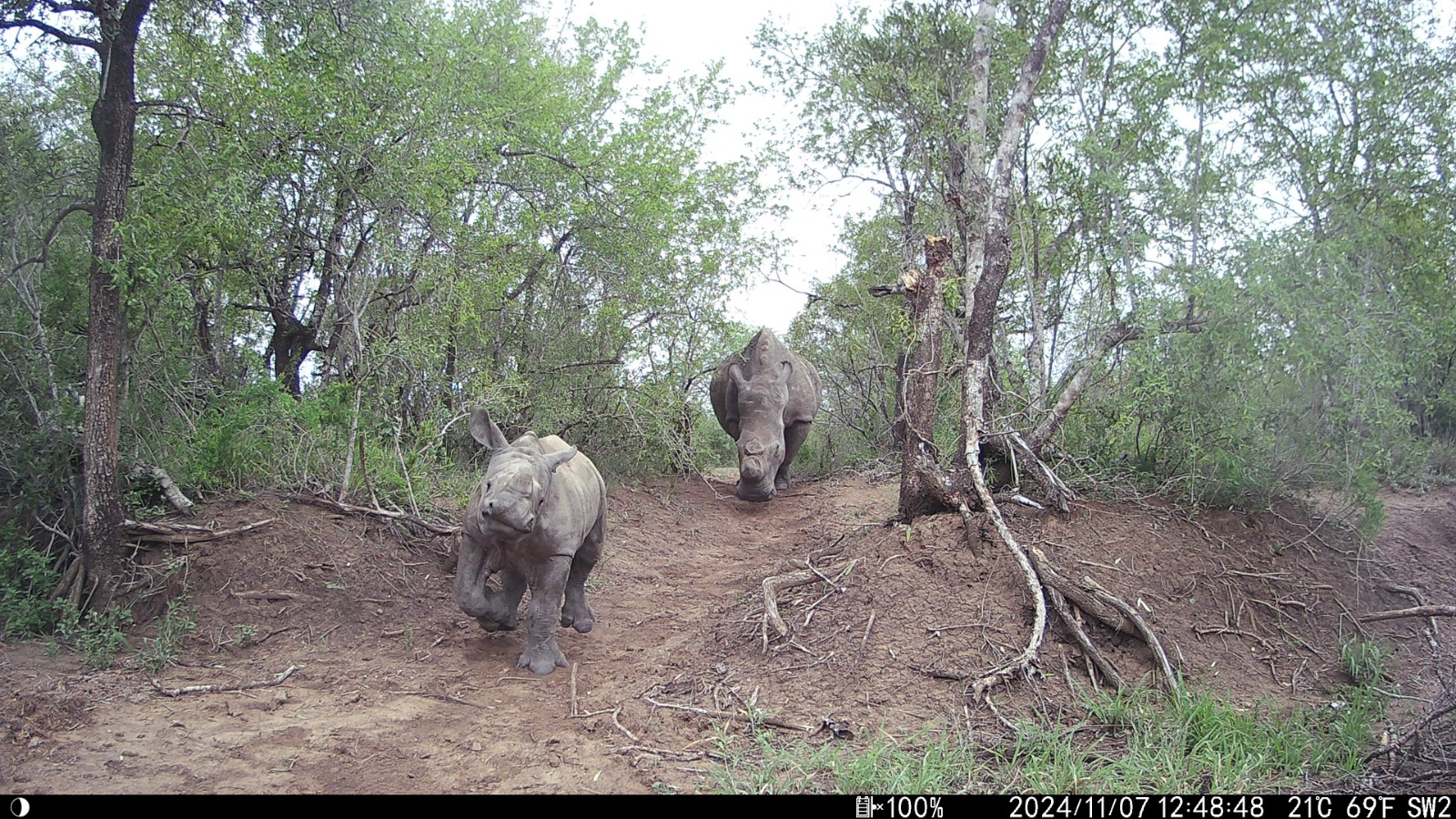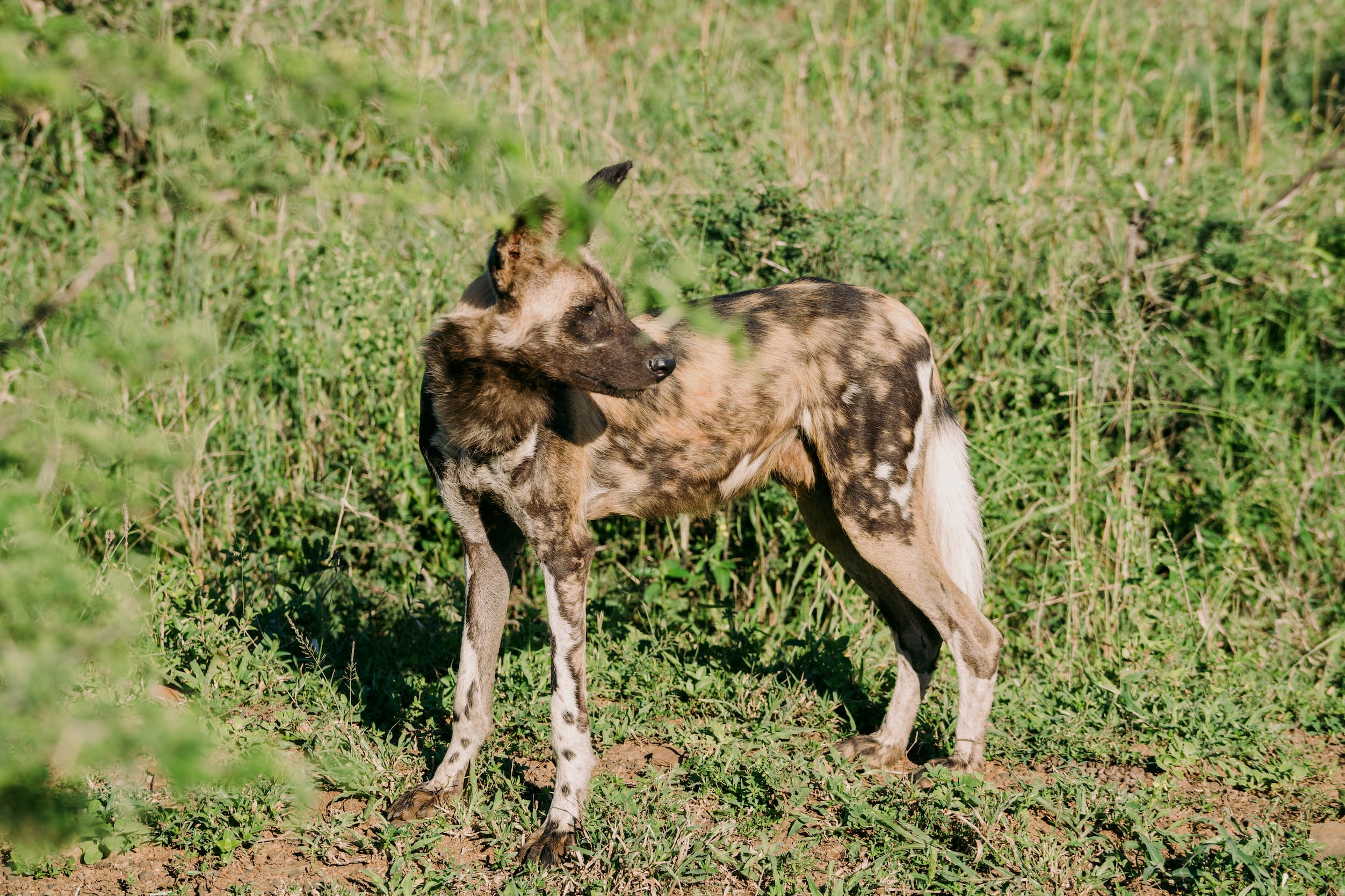World Tourism Day is celebrated on 27 September each year, serving as a reminder of the power of travel to connect people, cultures, and environments. The theme for World Tourism Day in 2025 is Tourism and Sustainable Transformation, highlighting tourism’s potential to bring about positive change.
Places like South Africa and the Seychelles rely on tourism for job creation and improving the lives of millions of people. But at the same time, tourism that is not responsible or ethical can put a great strain on our natural environment and the animals that rely on it. As tourism continues to grow, so does the need for it to be done responsibly.
What is Responsible Tourism?
Responsible tourism is a conscious approach to travel that seeks to minimise negative social, economic, and environmental impacts, while maximising positive ones for local communities and destinations. It requires tourists, businesses, and governments to take responsibility and promote sustainable practices.
Sustainable or responsible tourism often involves small, conscious shifts, like minimising waste or choosing eco-friendly accommodation. It means respecting local customs, supporting small businesses, and leaving places the same or better than you found them. Many people also like to give back on their travels, whether that’s by donating to local non-profit organisations, volunteering, or even bringing items to donate when they travel.
Conservation volunteering offers a meaningful way to travel with purpose. By joining Wildlife ACT in the field, volunteers get to experience Africa’s iconic wildlife while actively contributing to the protection of endangered species and shaping a future where tourism benefits both people and the planet.
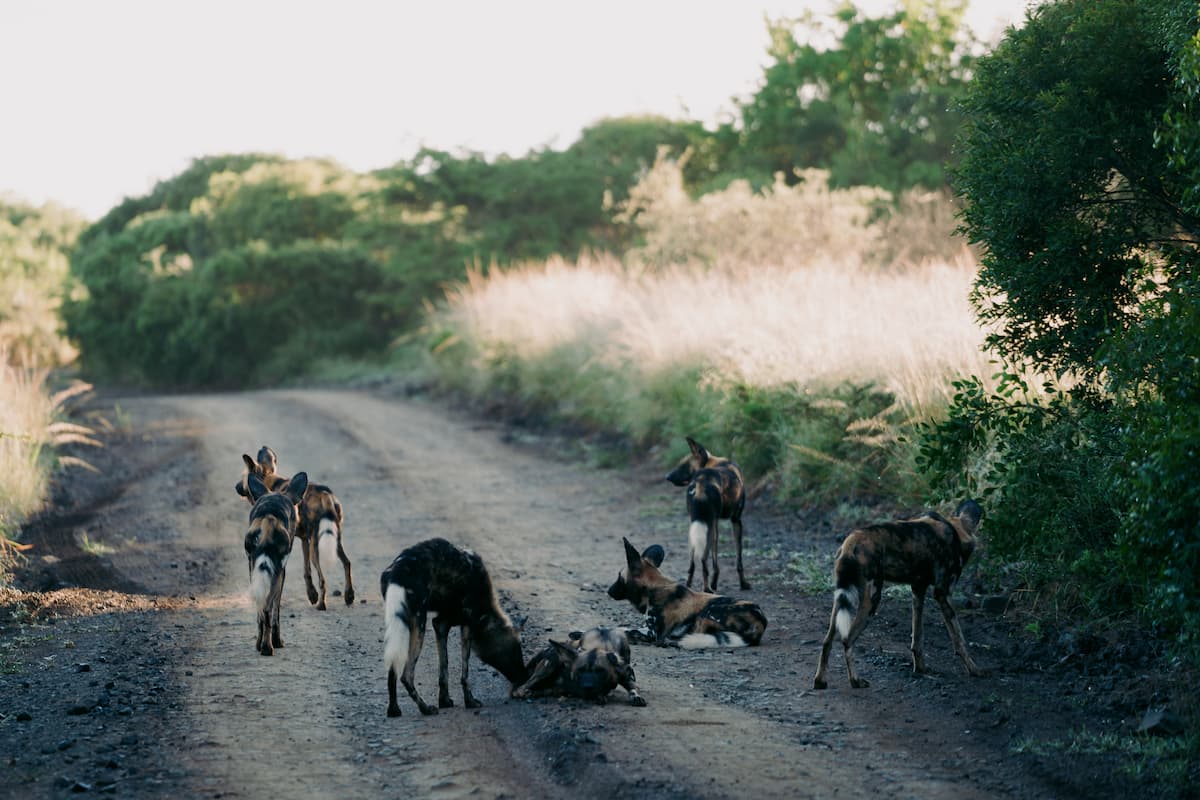
The Impact of Wildlife ACT’s Volunteer Model
Volunteer Programs as a Direct Source of Conservation Funding
Wildlife ACT’s volunteer programs are critical to the sustainability of our conservation work. The contributions made by volunteers go directly towards funding our endangered species monitoring projects across multiple protected areas in South Africa.
This financial support ensures that our teams can continue to provide critical data to reserve managers and conservation authorities, informing real-time decisions that safeguard species such as African Wild Dogs, Cheetahs, Vultures, and Black Rhinos. By choosing to volunteer, you enable us to continue with this essential work, making each trip an investment into the future of Africa’s wildlife.
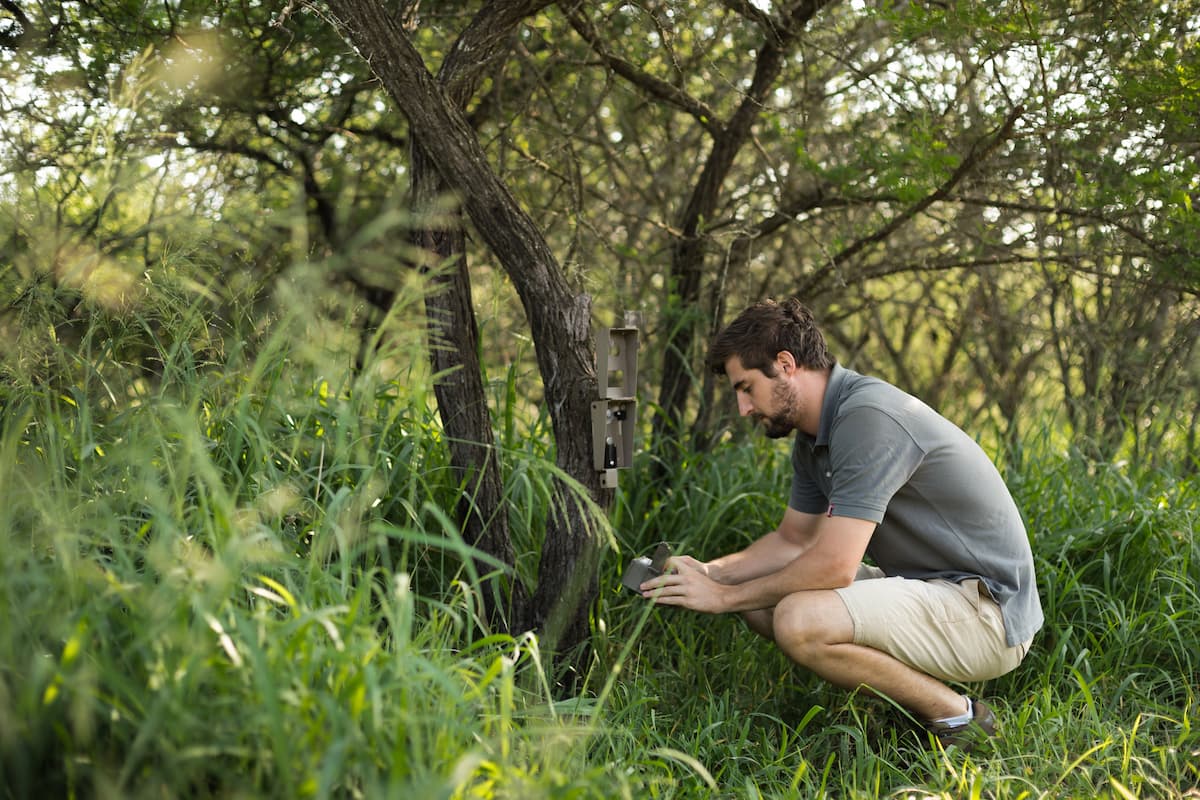
Volunteers as Hands-On Contributors to Conservation Management
Beyond funding, volunteers actively participate in the day-to-day activities that underpin long-term conservation management. Each of these tasks feed into larger conservation strategies, building long-term datasets that are vital for understanding population dynamics and ecological health. Volunteers become an integral part of the team, ensuring that the many small but important daily tasks needed to protect wildlife and habitats are consistently carried out.
In Zululand, under the guidance of our experienced monitoring staff, volunteers help with tracking endangered species using radio telemetry, recording data on animal behaviour and movements, setting up and checking camera traps, and sometimes assisting with specialised work, such as collarings or call-ups. In the Southern Drakensberg, volunteers assist with maintaining the Vulture feeding site and the monitoring of Vulture nests, while in the Seychelles volunteers are actively involved in protecting Endangered sea turtles and their nesting areas, as well as restoring the native flora of the island.
Connecting Tourism with Tangible Impact
This combination of financial support and hands-on assistance shows how tourism can move beyond simple sightseeing to a way to leave a tangible positive impact.
Wildlife ACT offers opportunities for tourism that is not only responsible, but impactful. Both directly and indirectly, volunteers play a vital role in uplifting local communities, protecting ecosystems, and securing the future of endangered species. By volunteering with Wildlife ACT, you are making a direct contribution to global conservation efforts.
Opportunities to Make a Difference with Wildlife ACT
Wildlife ACT is a non-profit organisation that supports real conservation work where is needed most. We provide priority species monitoring services, free of charge, on protected areas in South Africa to ensure the safety and protection of endangered species. By volunteering with us, you allow us to continue doing essential conservation work.
Volunteer with Endangered Species in Zululand
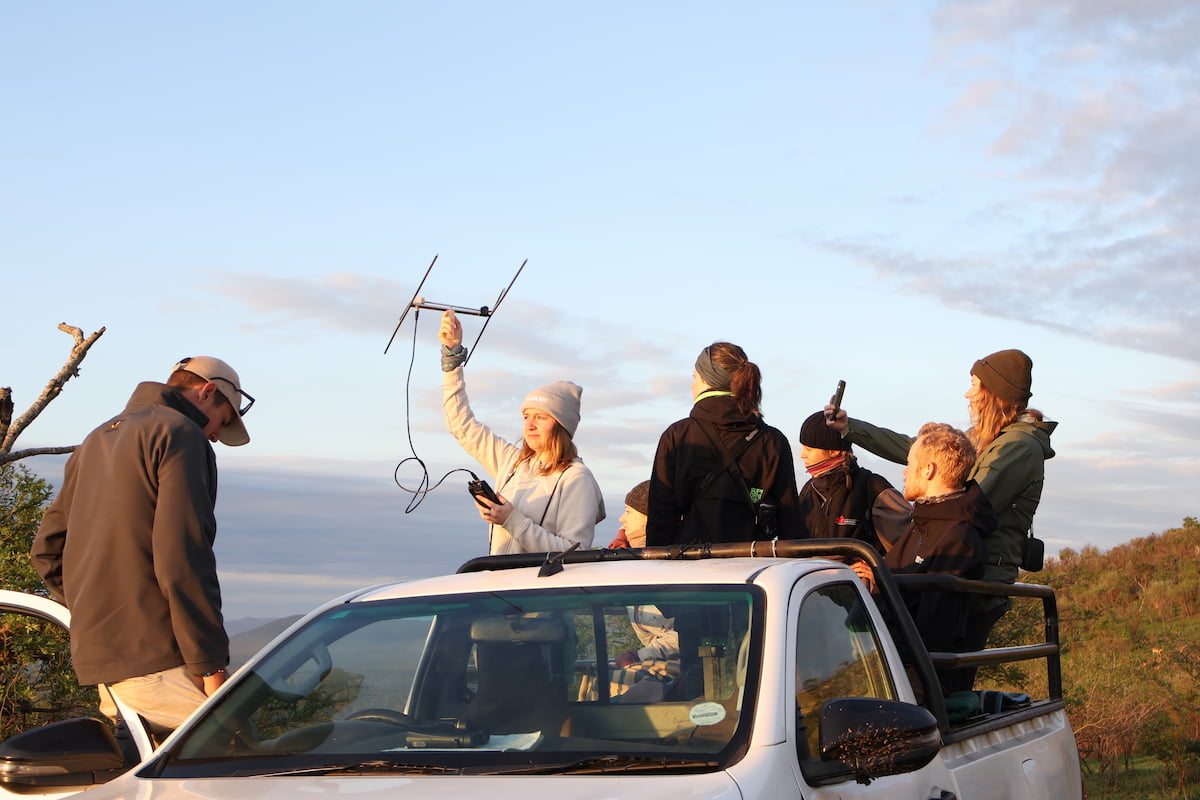
Our Endangered Species Program operates across three key project sites - iMfolozi, Hluhluwe, and Manyoni - and volunteers have the opportunity to move between these locations in two-week intervals. Open to participants aged 18 to 70, the program immerses volunteers in the heart of endangered species monitoring, assisting our field teams with daily tracking sessions, data collection, and conservation activities.
You'll learn how to use radio telemetry equipment, create identity kits, and assist with setting up and checking camera traps, and, depending on the reserve you choose, gain insights into the conservation of species including African Wild Dogs, Cheetahs, Black Rhinos, Vultures and Lions, as well as Elephants, Leopards, Southern Ground Hornbills and White Rhinos.
While the days can be long and physically demanding, many volunteers describe the experience as richer than a traditional safari. This is real Africa, and real conservation!
Volunteer with Endangered Vultures in the Drakensberg
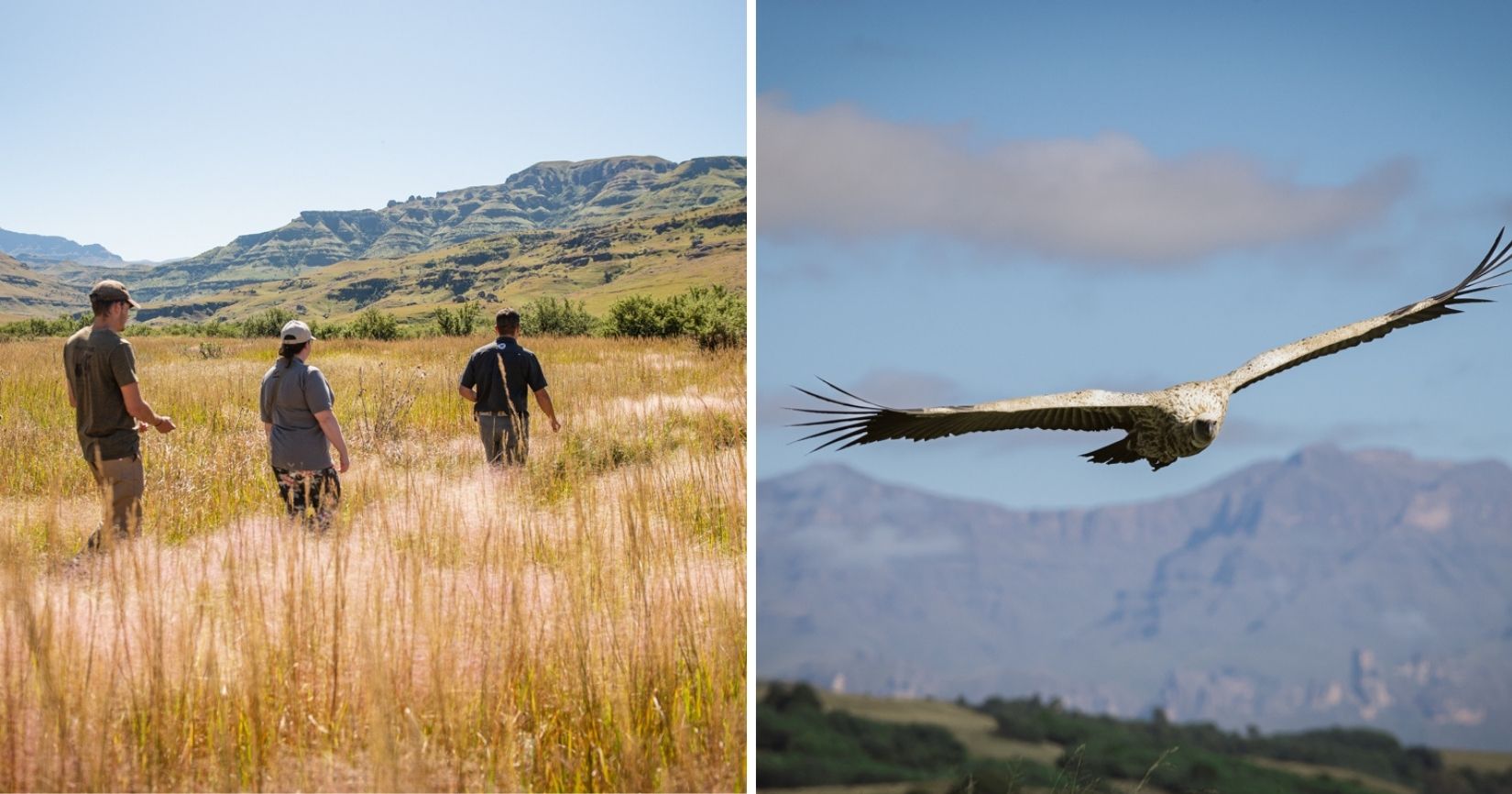
The Southern Drakensberg Conservation Program, located in the stunning Maloti-Drakensberg Park, focuses on the conservation of South Africa’s cliff-nesting Vultures, including the Bearded Vulture and Cape Vulture. Volunteers assist with monitoring nesting sites, evaluating camera trap footage, recording sightings, and assist with maintaining the Mzimkulu Vulture Hide which is a Vulture feeding site.
This is an active program involving hiking in mountainous terrain, and requires a moderate level of fitness. You'll learn from experienced conservationists and directly support the preservation of endangered Vultures, making this a fulfilling and unforgettable experience.
You can combine this program with our Zululand program for an even richer wildlife conservation experience.
Volunteer with Endangered Sea Turtles in the Seychelles
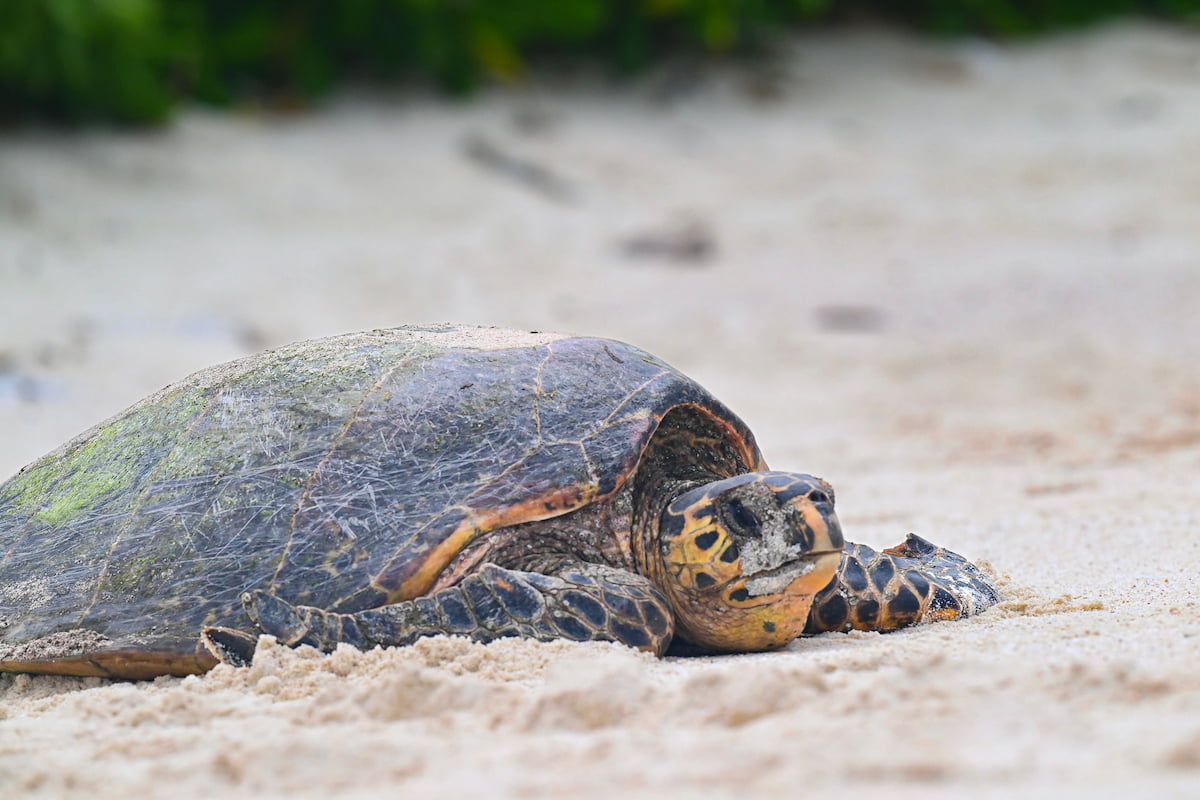
Our Seychelles program offers a chance to contribute to marine and island conservation on the remote and biodiverse North Island. Volunteers assist with monitoring endangered species such as Green and Hawksbill Turtles and ensuring the safety of their nesting sites.
Tasks may include beach patrols, nest monitoring, planting indigenous trees, and invasive species control. Living and working on this pristine tropical island allows volunteers to gain first-hand experience in marine conservation, while directly supporting efforts to restore and protect one of the Seychelles’ most remarkable ecosystems.
First-hand Experiences
Volunteering with Wildlife ACT can be transformative, and many volunteers return home with a renewed sense of responsibility towards our natural world. But don't just take our word for it - here are some testimonials from volunteers for a better understanding of what to expect:
"I was able to participate in real-life in-situ conservation, which has enhanced my practical knowledge and field skills. The wider community on North Island were incredibly friendly and welcoming." - Liam Joyce, Seychelles volunteer, 2024
"It’s been amazing experiencing, being swept up in the passion, enthusiasm and expertise of the team." - Liesel Farbach, iMfolozi volunteer, 2025
"As a third time volunteer with Wildlife ACT, it was again an incredible experience... The monitors are so friendly but so knowledgeable and make sure that you are up to date with the reserve work and the animals you are monitoring. As always, I would fully recommend these projects to anyone, whether they are from a conservation background or not, there is something for everyone." - Zoe Phillips, Manyoni volunteer, 2025
"I thoroughly enjoyed my experience with Wildlife ACT. It was great to see how passionate the monitors are about the vital work that they do. Their enthusiam and love for wildlife made it easy to fall in love with this environment and I hope to be back very soon." - David te Roller, iMfolozi volunteer, 2025
Top Tips: Ways to Travel More Sustainably:
- Travel during off-peak seasons
- Buy souvenirs from local artisans
- If you're interested in volunteering, choose ethical programs to support
- Opt for road-based transport rather than flying, if applicable
How You Can Get Involved
Celebrate World Tourism Day by becoming part of meaningful change. Explore our programs, choose one (or two), apply online or email to book, and start preparing for a life-changing experience!
Header image credits: Casey Pratt / Love Africa Marketing (left), Brandie Wettstein (right)


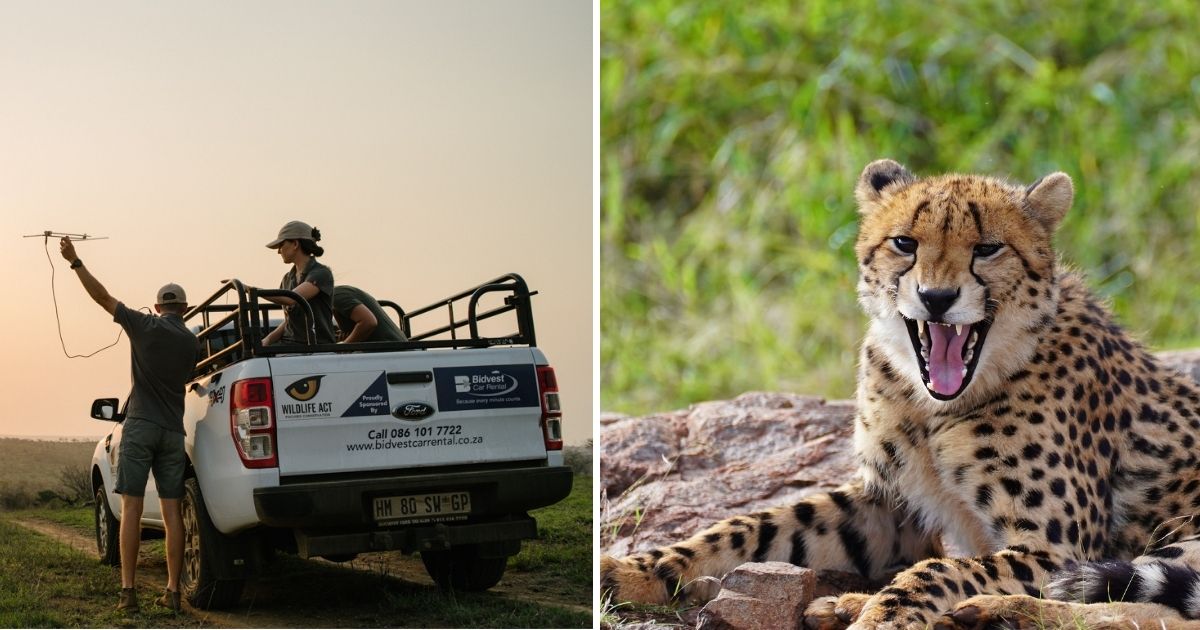
.jpg)

